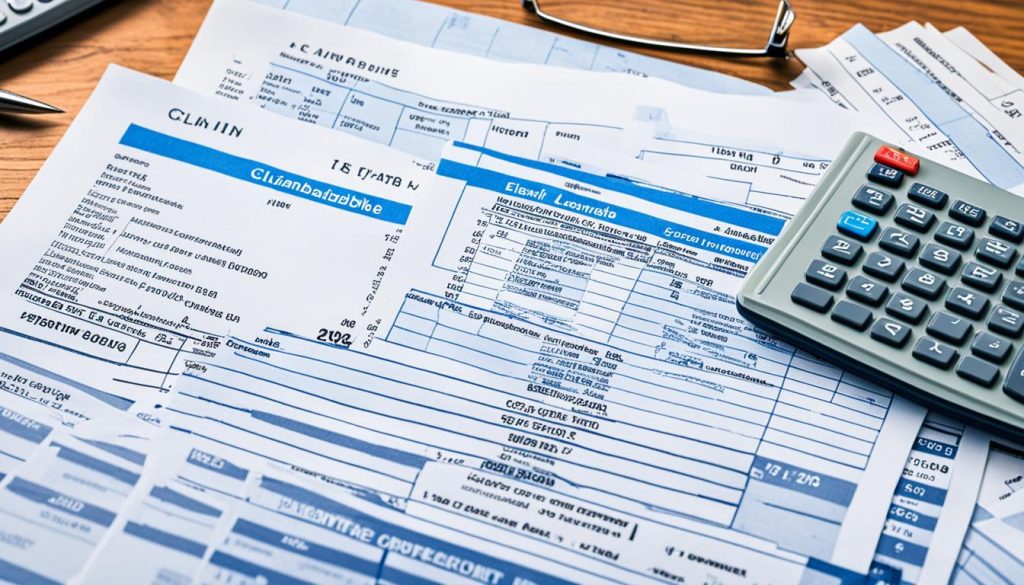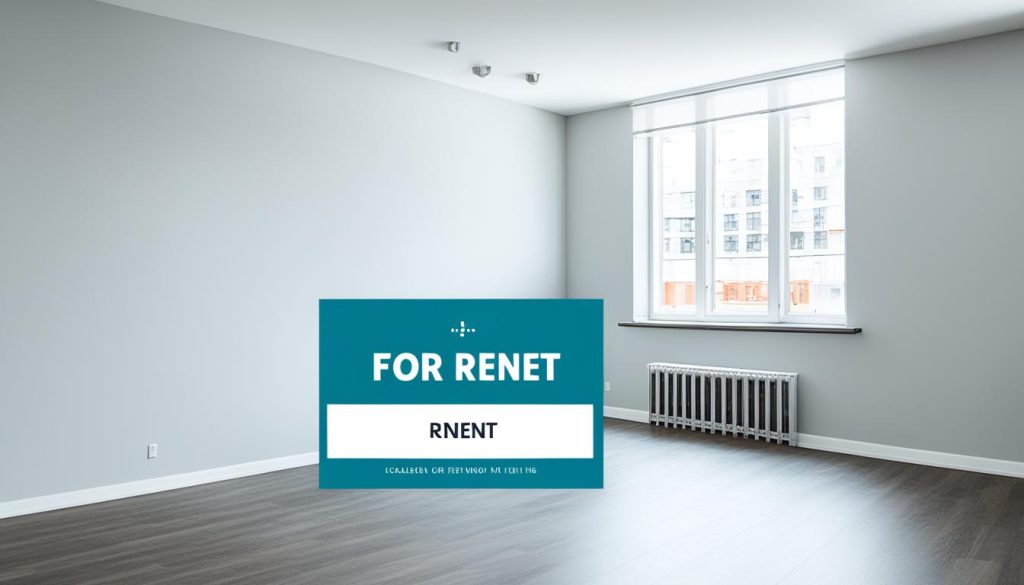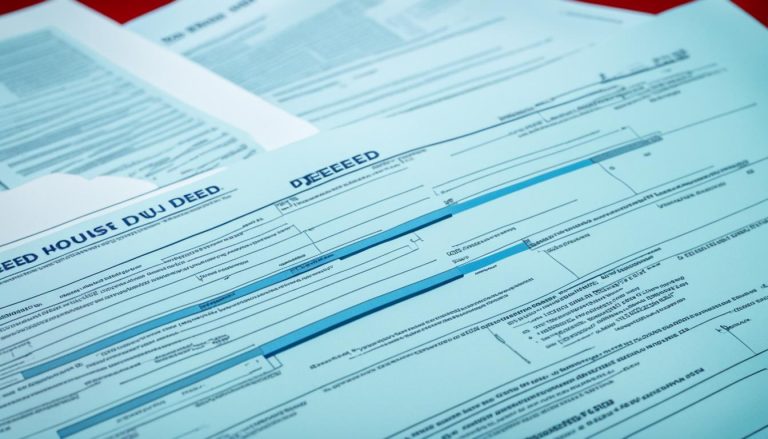Owning rental properties can lead to great income. But taxes can take a big bite out of your money. The good news is there are legal ways to lower how much tax you pay on rental income.
To reduce your tax bill, you should understand rental income tax rules, use all available deductions, and choose the best ownership setups. Doing this helps you make the most profit and follow the latest tax laws easily.
In this in-depth guide, we’ll cover tips to lower your rental income tax. We’ll talk about the latest tax changes for landlords and the benefits of shorter rental periods. We want you to know all the smart moves you can make to save on taxes and keep more money from your rentals.
Understanding Rental Income Tax
Being a landlord in the UK means knowing about the tax on your rental income. The rate you pay changes based on you and recent tax rules. These changes have affected how landlords handle their money.
What is Rental Income Tax?
Rental income tax is what you pay on the money you make from renting out your property. This covers all types of rentals, from homes to shops to holiday stays. How much tax you pay depends on your overall income and tax bracket.
Recent Tax Changes for Landlords
Recently, the UK government made changes to tax laws affecting landlords. A big change was ending the mortgage interest tax relief. Before April 2020, landlords could take off their mortgage interest from their rental income when figuring out tax. But not anymore.
There’s some good news, too. Since 2016, the ‘property allowance’ has allowed landlords not to pay tax on the first £1,000 they earn from rent. This is especially helpful for those with just a few properties.
To work out your rental income tax, keep good records of what you earn and spend. You report this through a self-assessment tax return. Knowing what you can deduct and how to be tax-efficient is key to reducing how much you pay.

How to Avoid Paying Tax on Rental Income?
If you’re a landlord, it’s key to know ways to lower taxes on rental income. By using the right strategies, you can cut your tax amount. This means more money in your pocket.
Claiming All Deductible Expenses
To pay less taxes on rental income, claim every allowed expense. You can cut your taxable income by including many costs. This could be mortgage interest, repairs, and even what you pay for advertising.
Creating Joint Ownership
Another smart move is to share ownership with someone else. This could be your spouse or a business partner. By doing this, you can use their tax allowances too. It helps lower the total tax you pay. But watch out for rules on income tax and capital gains tax.
| Expense Category | Deductible Items |
|---|---|
| Mortgage and Financing | Mortgage interest, loan arrangement fees, valuation fees |
| Property Management | Letting agent fees, property management fees, accountancy fees |
| Repairs and Maintenance | Repair costs, maintenance expenses, cleaning, gardening |
| Utilities and Bills | Council tax, water rates, gas, electricity, internet |
| Other Expenses | Insurance premiums, legal fees, advertising costs |
These tactics help landlords pay less tax. They make handling rental income more effective. This leads to more profit from your rental property.
Forming a Limited Company
Setting up your rental property business as a limited company has big tax advantages. You can subtract your mortgage interest payments as a business cost. This means you’ll pay less corporation tax on your rental profits. But, you need to think about the start-up costs and the extra work needed for reports. It also affects tax on future property sales.
In a limited company, you can write off mortgage interest from your taxes. This cuts how much tax you pay, unlike being a solo landlord. Now, if you’re on your own, you can’t fully claim this anymore. Plus, the corporation tax rate is lower than personal rates.
However, moving your properties to a company can be costly. You may have to pay stamp duty and tax on any profit made. These costs can reduce your potential savings. Also, running a company means more paperwork and filing. This includes yearly accounts and taxes, which is extra work.
Deciding on a limited company should match your overall plan and needs. We advise talking to a tax expert or financial advisor. They can tell if this move fits with your long-term tax and income goals. It’s all about good tax-efficient rental income management and rental income tax avoidance strategies.
Reducing Tax Through Property Extensions
To reduce your tax as a landlord, invest in property extensions. This could be adding more bedrooms or making the house look nicer. But, beware the difference between ‘maintenance and repairs’ (which you can fully deduct) and ‘improvements’ (which you can’t).
Increasing Property Value
As a landlord, you can deduct costs from repairs, like a leaky roof. But, you can’t deduct the cost for major work that increases the property’s value. This includes big renovations or new extensions. These costs are added to the property value, which you can use to reduce tax when you sell it.
Considerations for HMO Licensing
If thinking about an HMO, remember the extra costs and work involved. It can be a good way to make more money from your property. But, it comes with its own rules and regulations. You must follow your area’s safety standards and get the permits needed.
By being smart about taxes and property changes, landlords can lower what they owe. It’s also wise to get advice from tax professionals or accountants. They can suggest more ways to save on taxes.

Utilising Short-Term Tenancies
Landlords are looking for legal ways to cut down rental tax. Short-term lets, like furnished holiday homes or using Airbnb, have become popular. They offer tax benefits for this kind of renting.
Benefits of Short-Term Lets
Holiday lets and other short-term agreements have tax perks for landlords. They can claim capital allowances on plant and machinery. Also, they get certain capital gains tax reliefs. This leads to a drop in tax bills on rental money and avoids tax legally.
Short-term lets also mean more flexibility for landlords. They can change tenants often, targeting peak times. This optimises earnings and helps cut taxes on properties.
Managing Void Periods
But, navigating short-term lets has its challenges. Properties must meet holiday letting standards, including a demand for staying nights. And, being careful with void periods is vital to keep profit high and avoid tax.
Understanding short-term agreements helps landlords cut tax legally. It’s a smart way to increase investment returns.

Maximising Tax Bands and Spousal Transfers
Reducing rental income tax is key. You can do this by managing your income and using personal tax allowances wisely. You might transfer part of your property to your spouse. This way, they can use their own tax-free allowance.
It’s important to think about the capital gains tax this transfer may bring. It’s a balancing act. You need to decide if the tax saved now is worth the possible extra tax later.
Utilising Personal Tax Allowances
Everyone in the UK gets a personal tax-free amount each year. If you shift some rental income to your spouse, it could double the untaxed part of your money. This might cut your tax bill.
Leveraging Lower Tax Rates
If your partner pays tax at a lower rate, you may save money by moving some income to them. This is especially good if you’re in a higher tax bracket. It can drop the tax you pay on some of your rental money.
| Tax Rate | Taxable Income Range (2023/24) |
|---|---|
| Basic Rate | £12,571 to £50,270 |
| Higher Rate | £50,271 to £150,000 |
| Additional Rate | Over £150,000 |
Managing your taxable income well and using spousal transfers can help you maximise your rental income tax benefits and reduce your overall tax liability. Always talk to a tax expert. They can make sure you’re following the law.
Conclusion
Landlords can use a variety of strategies to effectively manage their rental income taxes. This helps them get the most out of their property investments. They should claim all possible deductible expenses and structure their property ownership well. Also, using tax bands and allowances can legally lower tax payments. This will boost their profit over time.
It’s very important for landlords to get professional advice. This ensures they follow all UK tax laws and understand the tax system’s complexity. Qualified tax advisors help keep them up-to-date on new rules. Being proactive and using tax-efficient methods can greatly improve landlords’ rental properties’ financial performance. This prepares them for success in the ever-changing UK property market.
FAQ
What are the tax advantages of forming a limited company for a rental property business?
If you run a rental business through a limited company, you get good tax breaks. For example, you can claim mortgage interest as a business cost. Plus, you pay less corporation tax on the money you make.
How can landlords utilise tax bands and spousal transfers to minimise their rental income tax burden?
Here’s a tip for lowering tax on your rental income: share property ownership with your spouse. This lets you both use tax allowances. But don’t forget to think about any capital gains tax this might trigger.
What are the tax benefits of investing in property extensions and improvements?
By making your rental property better through extensions and upgrades, you can cut your tax bill. Adding more rooms or improving the place can help. It makes your property worth more.
How can landlords benefit from tax advantages associated with furnished holiday lettings?
Offering short-term lets, like holiday stays, can be good for taxes. You may get to claim for certain items. Plus, there are tax savings when you sell the property too.






